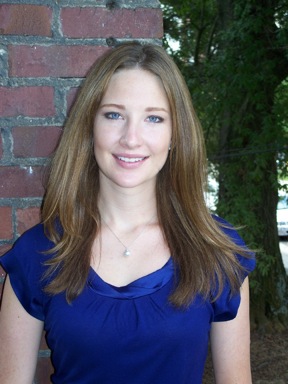Brittney Guerrero
Capstone Project Committee: Joshua Abernathy, B.S., Nancy Callanan, M.S., CGC, Catherine Matthews, Ph.D., Scott Richter, Ph.D.
According to The National Society of Genetic Counselors (NSGC) there are currently just fewer than 2,500 practicing genetic counselors in the United States. Over the next 10 years the Bureau of Labor and Statistics (BLS) expects the field to see growth between 14 and 19% with an estimated 29,100 job openings through 2018. Given current growth projections there has been a recent increase in the number of universities offering accredited genetic counseling programs (ABGC, 2012). The projected future need for genetic counselors calls for action to increase the potential pool of applicants. It has been reported that recruitment efforts should be focused on high school students, as many college students, have already chosen career paths (Wolfe et al., 2005). This study explored effective ways to work with teachers in efforts to raise awareness of the field among high school students. Results indicated that while teaches value the topic of careers in science and strive to incorporate career discussions in the classroom, many feel restricted by time and the need to focus on standardized state and national curriculum objectives. Teachers provided helpful feedback regarding how to incorporate discussions about genetic counseling as a career option with current objectives involving genetic concepts. Teachers also provided suggestions for how to communicate with the high school audience, such as using activity based learning and focusing lessons on relatable case scenarios.
